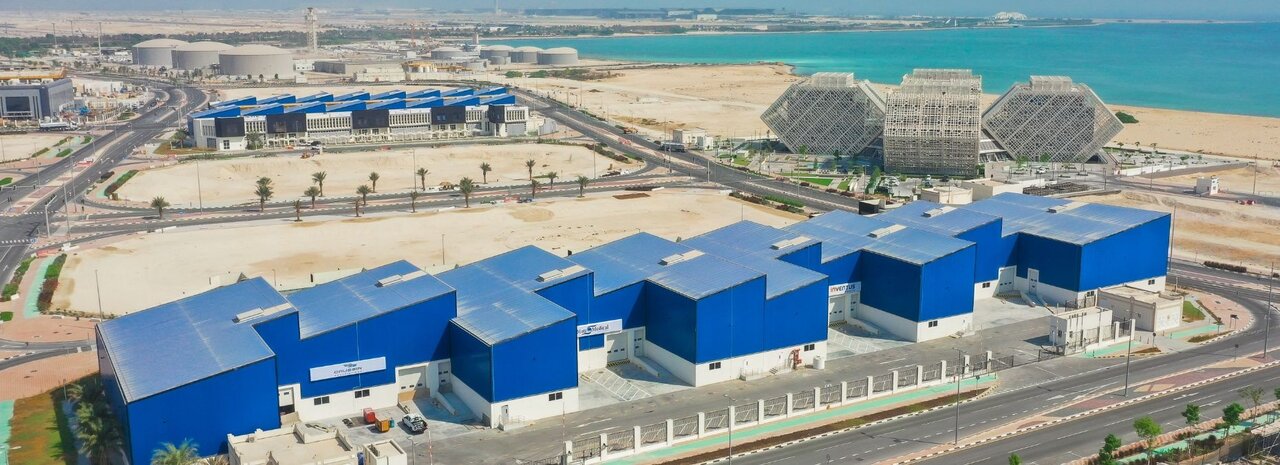Qatar’s Free Trade Zones: Past, Present, Future

Qatar’s journey with free trade zones (FTZs) is emblematic of its broader vision to diversify its economy beyond hydrocarbons and establish itself as a global hub for logistics, innovation, and foreign investment. From their conceptual beginnings to their strategic expansions today, Qatar’s FTZs have evolved in response to both regional dynamics and global trade demands.
In the past, Qatar’s approach to economic liberalization was cautious yet deliberate. Recognizing the need to create investment-friendly environments, the country launched initiatives to develop zones with regulatory and fiscal incentives. The establishment of the Qatar Free Zones Authority (QFZA) in 2018 marked a turning point. This move institutionalized the governance of FTZs and laid the foundation for world-class infrastructure, streamlined business registration processes, and investor protection mechanisms.
Currently, Qatar’s FTZs—such as Ras Bufontas near Hamad International Airport and Umm Alhoul adjacent to Hamad Port—serve as key gateways for international trade and industrial growth. These zones offer 100% foreign ownership, tax exemptions, and access to state-of-the-art facilities. They have attracted major global players in sectors like logistics, technology, pharmaceuticals, and advanced manufacturing. The integration of FTZs with Qatar’s national development strategies, including Qatar National Vision 2030, ensures that these zones are not standalone entities but central to the country’s economic transformation.
Looking forward, the future of Qatar’s FTZs appears promising yet demands adaptive strategies. As global supply chains undergo structural shifts and technology redefines trade paradigms, Qatar is investing heavily in smart zone infrastructure, green energy solutions, and digitalization. There is a clear push toward fourth-generation FTZs that emphasize innovation ecosystems, R&D capabilities, and seamless cross-border connectivity.
Moreover, Qatar's strategic geopolitical position—at the intersection of Asia, Africa, and Europe—gives it a unique advantage to serve as a logistics and re-export hub. The country’s diplomatic efforts and stable business climate further enhance investor confidence.
In conclusion, Qatar’s FTZs represent a forward-thinking model of economic diversification and global integration. By leveraging its strategic assets, regulatory reforms, and future-ready infrastructure, Qatar is positioning its FTZs not just as zones of commerce, but as engines of innovation and sustainable growth for decades to come.
Dr. Kamal Ebrahimi Kavari is an University Assistant Professor and Distinguished Expert in Free Trade Zones
